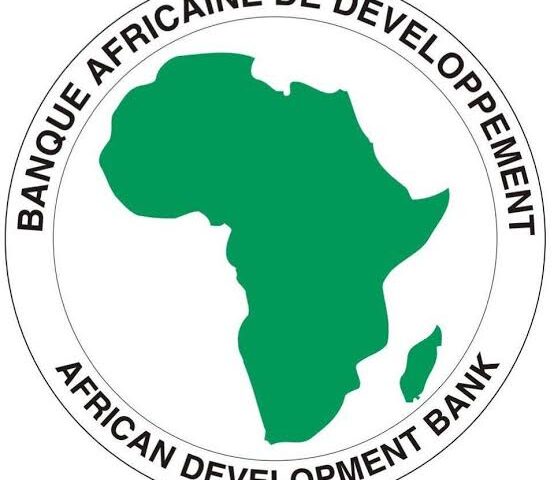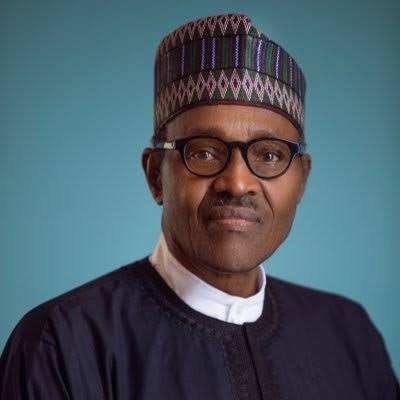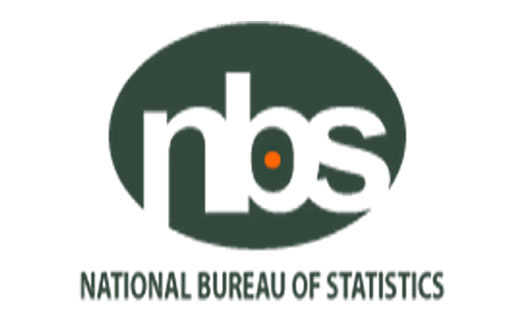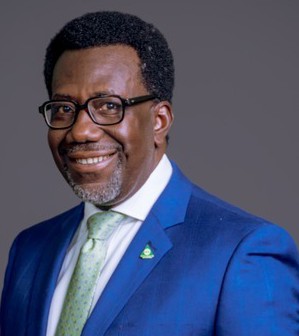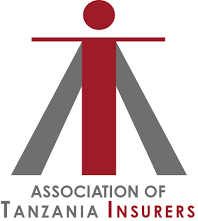And 70,000 Abuja housing project
.
By Favour Nnabugwu
The Federal Government has listed nine priority areas for its developmental target ahead of May 29, 2023 terminal date of the President Muhammadu Buhari administration.
Consequently, as part of measures to achieve set targets, the Executive and Legislature are to de-emphasize separation of powers and focus on collaboration and cooperation in the nation’s interest.
The priority areas include the commissioning of some projects like the Lagos-Ibadan expressway, the 2nd Niger bridge, and Kaduna-Kano highway and a 70,000 housing project in Zuba, a suburb of the Federal Capital Territory FCT, Abuja.
The targets were part of the recommendations from various panel discussions at the two-day ministerial performance review which held at the presidential villa in Abuja.
“The President expects to see these ideas and commitments coming to life on the dates promised and in the submissions to FEC”, said Secretary to the Government of the Federation SGF, Mr Boss Mustapha.
Accordance to him, Priority One is about stabilizing the macroeconomy, wherein the Federal Ministry of Finance, Budget and National Planning will drive aggressive revenue mobilization to reduce current levels of fiscal risks
According to him, “fuel subsidy will eventually be phased out by next year and use every apparatus available to the government to fight oil theft”.
The second priority would see the Federal Ministry of Agriculture and Rural Development committing to embarking on an aggressive dry season farming immediately after the wet season to sustain increased food production.
The Ministry will also sustain the use of Agro-rangers to enhance security in the farmlands and ensure continuity in food production.
Also, Priority Three which is on energy sufficiency would see the Ministry of Petroleum Resources fast-tracking the full implementation of the Petroleum Industry Act for sustainable national development and the development of an Oil and Gas Policy for Nigeria.
The Ministry will also expedite action in rehabilitating the existing refineries and ensuring mechanisms are in place to cushion the effects of total removal oil subsidy.
“The Siemens Grid and Distribution Enhancement Project aims to achieve 25,000 megawatts by 2025. Early work orders and financing structure for the deployment of transmission and distribution equipment have been completed.
“Efforts are on towards the realization of 11,000 megawatts of installed transmission capacity by 2023
“The Federal Ministry of Transport will work with other key government agencies to deliver the national single trading window and aggregate trade.
Appropriate technology to modernize and automate processes of port operations will be introduced to reduce delays in port operations.
“The Ministry of Aviation will work hard to complete the various ongoing projects listed under the Ministry of Aviation Road map.
“The Federal Capital Territory Administration will likewise deliver major projects to connect suburban areas and make movement easier in Abuja”, the document showed.
Other priority areas include ensuring that 35% Affirmative Action for women in public office is implemented; ensuring the release of funds to remaining states for Nigeria Development project that empowers women.
“Sustain the change management strategy being implemented by the Head of Civil Service to ensure full acceptance of key reforms across the civil service.
Federal budgets should be realistic and implemented to deliver value to the people.
“Office of the National Security Adviser to work with the National Assembly to revise and review the National Security Agency Act for effective coordination of the national security apparatus.
“The Ministry of Interior committed to ensuring the security of the over 200 border points of the country covering the land, sea and air border points.
“To resolve security issues government must consider the social contract it has with the citizens as a critical imperative
Consider deployment of a National Police Communication Surveillance System as a strategy for optimizing effectiveness of the Police Force.
“Collaboration to deliver/fostering Executive/Legislative Relationship and Enhancing Opportunities for Legacy Legislations.
“Senate President committed to the passing of all outstanding critical bills before the end of the Administration.
Senate president committed to the passage of the National Security Act by the end of 1st quarter of 2023
“The Executive and Legislature should deemphasize separation of powers and focus on collaboration and cooperation in the nations’s interest.
“The Senate President recommended the resuscitation of the joint committee of the office of the Attorney General of the Federation and the National Assembly for consideration of Bills”.



